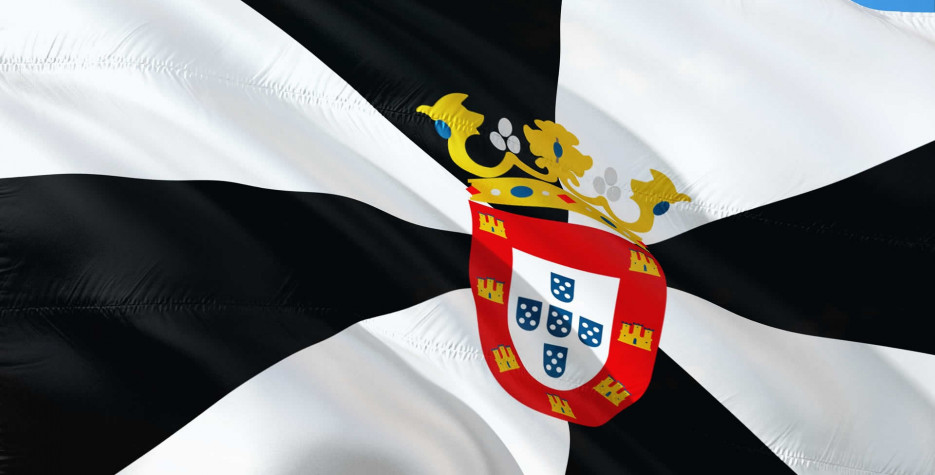When is the Day of Ceuta?
The Day of Ceuta is a regional holiday in the Spanish autonomous city of Ceuta on September 2nd.
This holiday commemorates the end of Muslim rule in the city on this day in 1415.
History of the Day of Ceuta
Ceuta is an enclave located on the north coast of Africa surrounded by the Kingdom of Morocco.
Since antiquity, this city has been an important strategic location on the Strait of Gibraltar, giving whoever ruled the city control on who was sailing between the Mediterranean and the Atlantic. This has meant a colourful past, with the city having passed through the hands of Carthaginians, Romans, Vandals and even the Byzantine Empire. It fell under Muslim control in the 8th century.
In late August 1415, King John I of Portugal led an assault that would come to be known as the Conquest of Ceuta. The Portuguese captured the city with surprising ease. Maybe this is why nobody thought about what flag to use after the city was taken. Luckily someone had packed the flag of Lisbon, which they all decided would be a great design for Ceuta. The coat of arms of Portugal was added to the middle and that flag is still used for Ceuta today.
Over the following centuries, Spain and Portugal Ceuta squabbled like Iberian brothers with Ceuta passing between them. The city was finally ceded to King Carlos II of Spain on January 1st 1668 by the Treaty of Lisbon.
Although Ceuta was conquered by Portugal on August 22nd 1415, it is celebrated on September 2nd as Spain and Portugal adopted the Gregorian calendar in 1582, moving dates forward by ten days.
The Day of the Autonomous City of Ceuta has been celebrated since 1998.


